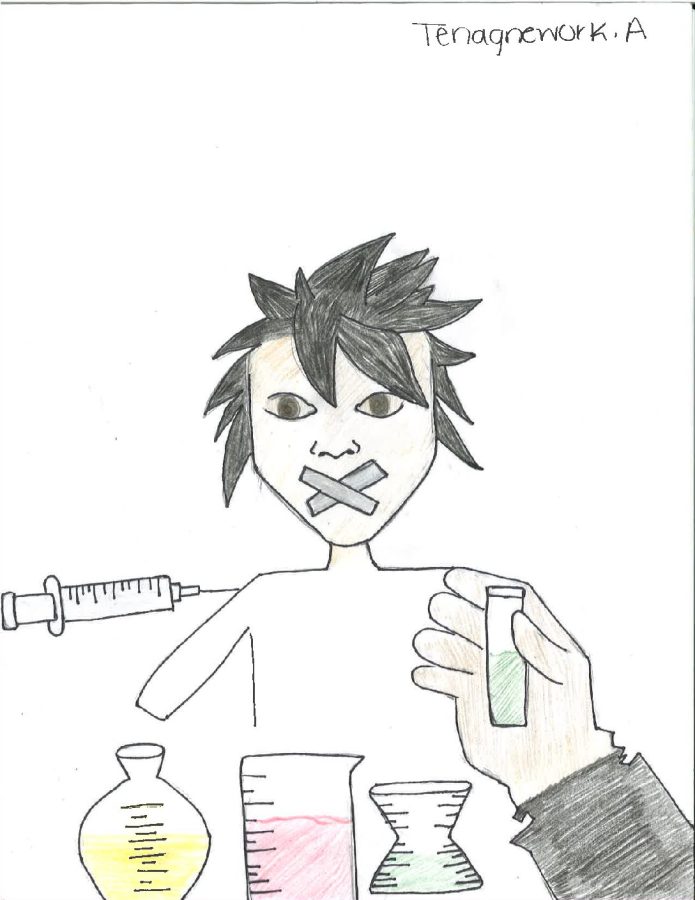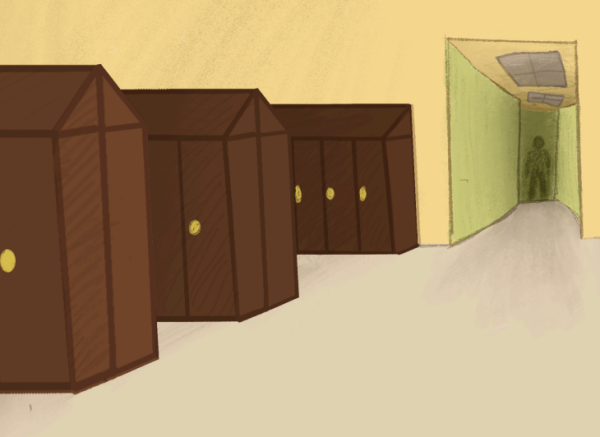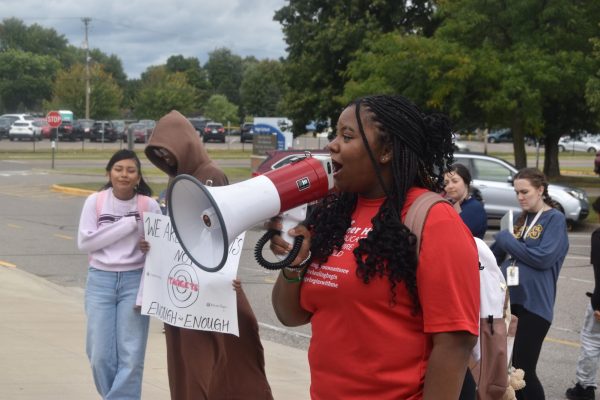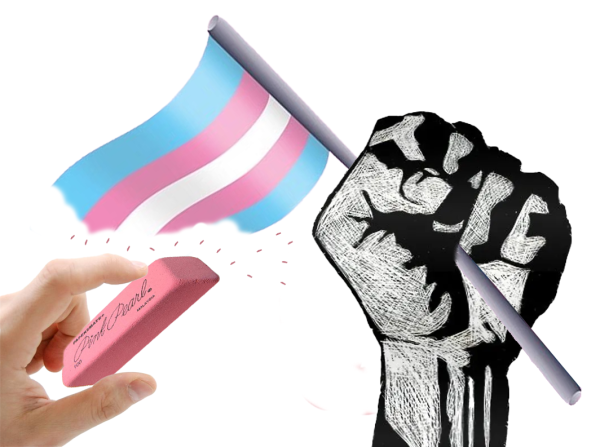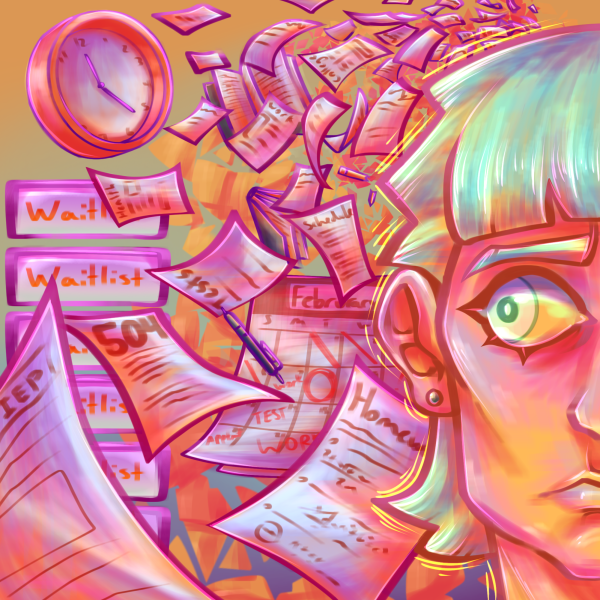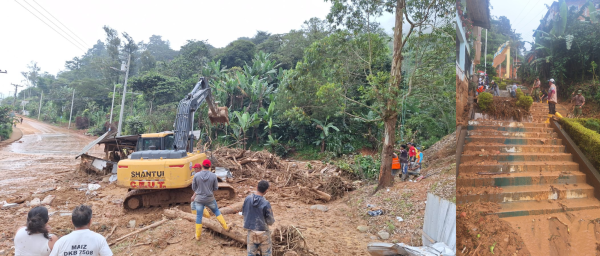Oppression of minorities in Asia endures
Genocide and oppression of Tibetans and Uyghurs in China is conducting mass DNA testing to create a biological database to monitor its citizens, claiming the process is to help prevent crime. People are not legally allowed to decline or refuse to let state-employed nurses take a sample of their blood. A Tibetan township reported in December of last year that DNA was being collected from boys aged five and older. Despite China’s claims that it is only collecting the samples for criminal prevention, many citizens are afraid that the government might use this data for other purposes, such as discrimination and surveillance. The reports provide no evidence that children or their caregivers voluntarily agreed to the collection of DNA from their blood.
Based on five requests made to the Ministry of Public Security, to map the genes of its citizens, China used equipment from American company Thermo Fisher, which has also sold equipment directly to officials in Xinjiang, China, where the initiative to control Uyghurs has been most severe. Republican Florida Senator Marco Rubio and other U.S. lawmakers blasted Thermo Fisher and asked the federal Department of Commerce to forbid American companies from supplying China technology that could be used for tracking and spying. Thermo Fisher made the decision to stop selling products to Xinjiang, a change company spokespersons say is consistent with Thermo Fisher’s values, ethics code and policies.
“As the world leader in serving science, we recognize the importance of considering how our products and services are used, or may be used, by our customers,” Humans Rights Watch China’s director Sophie Richardson said.
The mass DNA testing is part of trying to overpolice the Tibetan people. Chinese police officers used excessive force against peaceful Tibetan protesters after they fired and shot dozens of protesters in January. There have also been claims that several people who were critically hurt—at least one of whom is currently in very critical condition—were denied medical care for a number of days. After the massive anti-China riots in Tibet in 2008 over the mistreatment and persecution of Tibetans, the Chinese government has further increased oppressive tactics on the population and imposed invasive, all-surrounding military and security restrictions on Tibetan lands.
“It’s a bad thing without consent. They are already controlling our land. They are luring families into concentration camps. This is a concerning situation that requires attention from the government and international organizations to protect the human rights of these families and prevent further abuse. It is important to raise awareness and take action against such oppressive practices,” Tenzin Tsangyang (9) CHHS student said.
The practice of forced labor and widespread bombing of Tibetans by China began in 1959, but it wasn’t until 2014 that the similar treatment of the Uyghur, a Turkish Muslim minority in Xinjiang, that China’s desire to rule over the two regions became more and more apparent to the Western world.
The ethnic majority, the Han Chinese, make up about 94% of the population in China. Chinese people view ethnic minorities like the Tibetans and Uyghurs as dangerous because of centuries-old regional conflicts and ancestral uprisings against Chinese authority. China fears that the Tibetans and Uyghurs could break away from Chinese rule and gain autonomy, so they are subjected to oppressive tactics in order to suppress any potential rebellion. This fear of becoming independent has caused the Chinese government to put restrictive measures on Tibetans and Uyghurs, such as limiting their access to education and employment opportunities, religious practices and freedom of movement.
The educational environment and content of residential schools are centered on the culture of the majority Han population, with textbook content reflecting almost exclusively the lived experiences of Han students. Without having access to traditional or culturally appropriate instruction, Tibetan children are compelled to complete a “mandatory education” curriculum in Mandarin Chinese (Putonghua). The Putonghua-speaking government schools do not offer a thorough examination of the language, history and culture of the Tibetan minority.
TikTok, a worldwide media platform, which is owned by a Chinese business called Byte Dance, has a section on “hate speech and religion” containing the majority of the regulations pertaining to China.
This has very controversial topics, such as religious disputes and conflicts between ethnic groups. For example, exaggerating Islamic conflicts is prohibited under a more general regulation, where at least one million Uyghur Muslims and other members of the minority population are being held allegedly in “reeducation camps.”
State-sponsored campaigns have included forcing Uyghur women to undergo forced contraceptive implant procedures, sterilizations and abortions. In the Southern Xinjiang cities of Khotan and Kashgar, these programs resulted in an 84 percent decrease in the rate of natural population growth in their respective areas.
More than a million Uyghurs and other Turkish Muslims have been unlawfully detained in large numbers in Xinjiang. Many of them, including children, have been tortured, monitored, forced to labor and subjected to cultural harassment. According to reports, Chinese officials have transported Uyghur and Turkish Muslim children to government boarding schools and child care centers without their parents’ knowledge or permission, successfully criminalizing legitimate behavior with technology. Credible reports from NPR journalists stationed in China claim that the government has demolished mosques and other Islamic religious places. This systematic oppression of Uyghur and other Muslims in China is not only a terrible violation of human rights, it is a collaborative effort to erase and uproot their cultural heritage.
“Even though it doesn’t directly affect me, it’s still going to make me angry because it’s racial oppression against other human beings,” Isniina Mohamed (10) said.
The world is starting to acknowledge the atrocities committed by the Chinese government and more pressure is being placed on China to act responsibly. However, it remains to be seen whether these efforts will be enough to force China to change its behavior towards ethnic minorities.
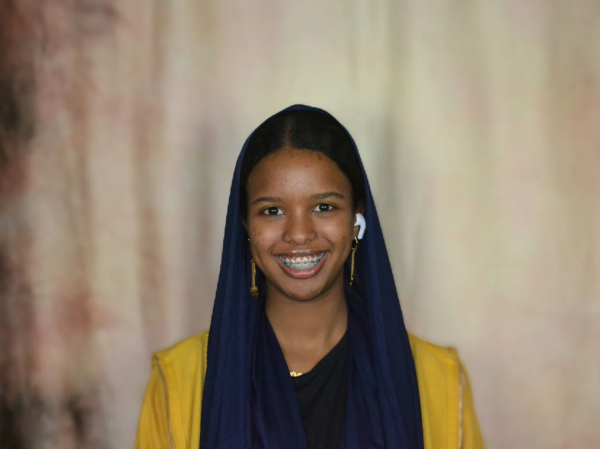
Osob Mohammud is a junior at Columbia Heights High School who enjoys cooking, baking, listening to music and watching K-dramas. This is her second year...


